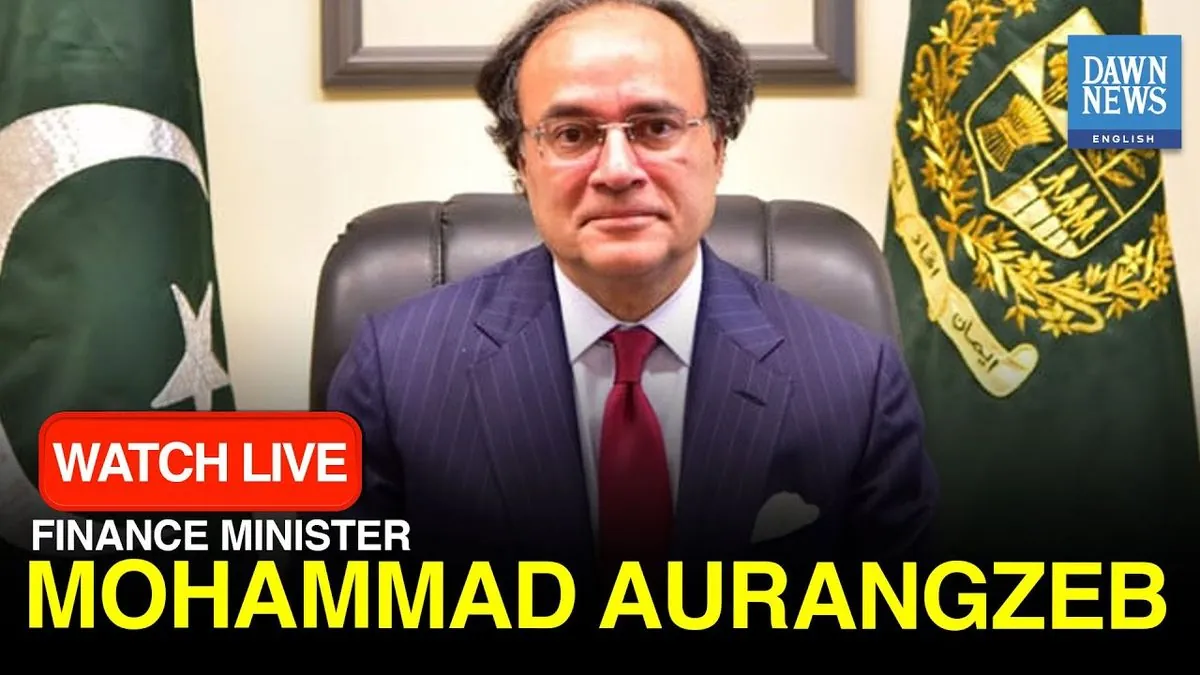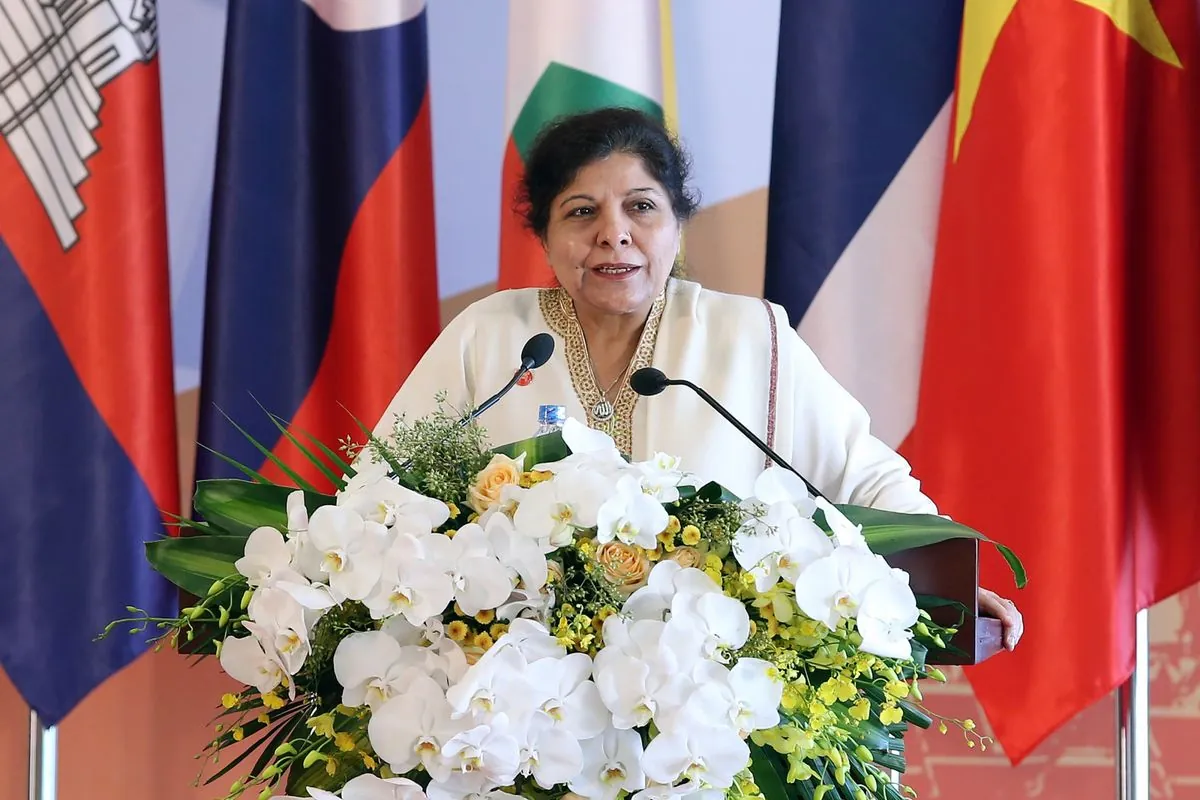Pakistan Secures Debt Rollovers as IMF Loan Approval Looms
Pakistan obtains debt rollover commitments from key allies, bolstering its financial position as it awaits IMF's final approval for a new $7 billion loan program. The move aims to address the nation's ongoing economic challenges.

Pakistan has made significant strides in addressing its financial challenges, securing commitments from China, Saudi Arabia, and the United Arab Emirates to extend debt repayments for another year. This development comes as the nation anticipates final approval for a new $7 billion loan program from the International Monetary Fund (IMF).
Muhammad Aurangzeb, Pakistan's Finance Minister, disclosed this information to reporters in Islamabad following a parliamentary committee meeting. He stated that the volume of rollovers would remain consistent with the previous year, noting that Pakistan has $12 billion in bilateral loans that have been extended over the past few years.

This financial maneuver is crucial for Pakistan, the world's fifth-most populous country, which has been grappling with economic challenges, including high inflation and low foreign exchange reserves. The nation's economy heavily relies on textile exports and remittances, with a debt-to-GDP ratio that has remained consistently high in recent years.
In July 2024, Pakistan and the IMF reached an agreement for a 37-month loan program. This marks the 23rd IMF program for Pakistan since it joined the fund in 1950, highlighting the country's long-standing reliance on international financial assistance. The new Extended Fund Facility program is subject to approval from the IMF's executive board and requires "timely confirmation of necessary financing assurances from Pakistan's development and bilateral partners."
Aurangzeb expressed confidence in managing a financing gap of up to $5 billion during the fund's three-year program. This approach aligns with Pakistan's ongoing efforts to stabilize its economy, including working on economic reforms and attempting to attract foreign investment.
"The new Extended Fund Facility programme is subject to approval from its executive board and obtaining timely confirmation of necessary financing assurances from Pakistan's development and bilateral partners."
It's worth noting that Pakistan has been part of China's Belt and Road Initiative through CPEC projects and has been working on digitizing its economy to improve financial inclusion. However, challenges persist, such as a low tax-to-GDP ratio and a significant informal economy.
As Pakistan navigates these financial waters, the country continues its efforts to improve its ease of doing business ranking and address issues like the energy sector's circular debt, which has been a major drain on the economy. The success of these initiatives, coupled with the new IMF program and debt rollovers, could play a crucial role in Pakistan's economic recovery and stability in the coming years.


































